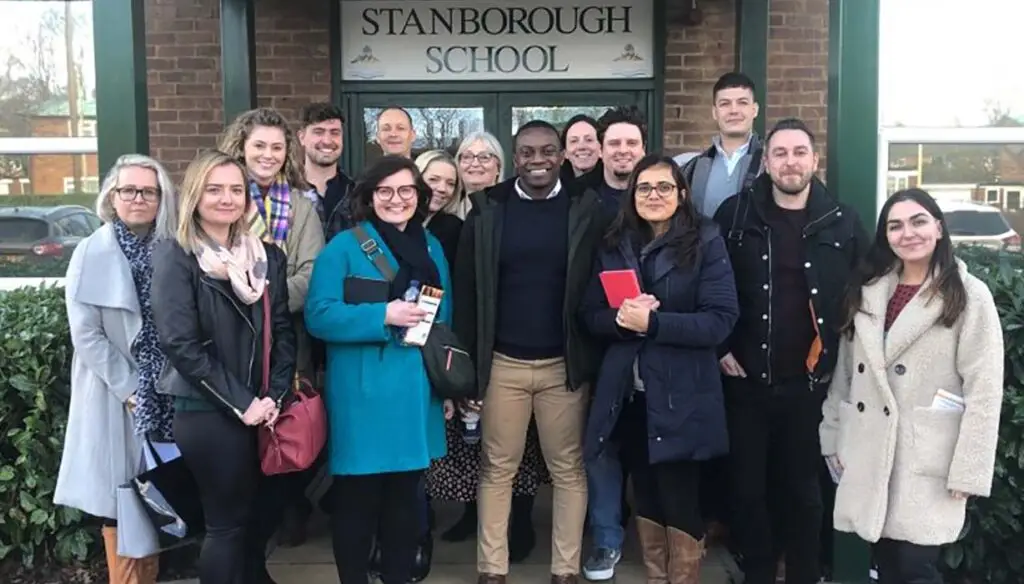Strategic recruitment: The value of your recruitment team

Recruitment should function as more than a transactional supply centre. Most organisations don’t realise the strategic importance of their recruitment function in achieving their business objectives, until that function is well and truly broken!
Slam-dunk talent leadership: Score with top tips from this NBA leader

Eric Hutcherson, Chief Human Resources Officer for the National Basketball Association delivers three anchor points for driving cultural transformation.
Nurturing tomorrow’s talent: PayPoint team engages students

Hudson Talent Solutions joined our partners at PayPoint to conduct mock interviews with 160 Year 11 students in Welwyn Garden City.



